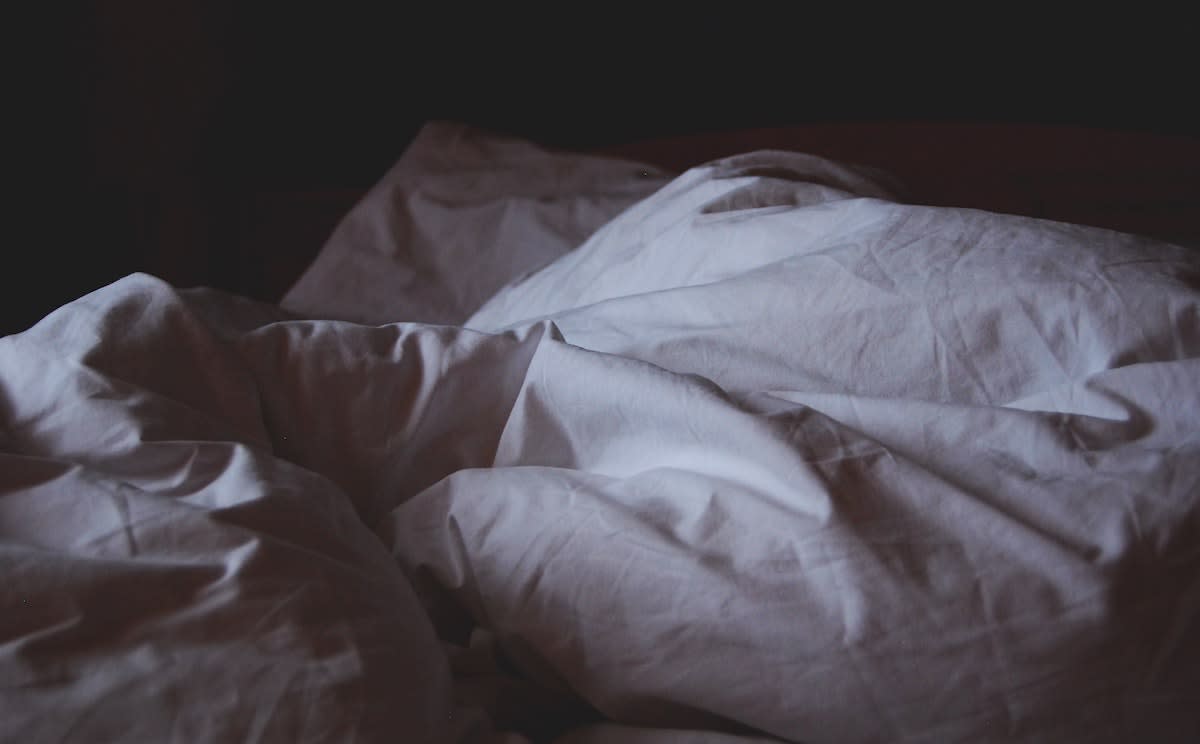How Sleep Impacts Mental Health: 5 Tips for Better Sleep
Written by MasterClass
Last updated: Jun 7, 2021 • 3 min read
A good night’s sleep can provide us with more than just rest and repair for our body. Sleep also impacts our mental well-being, and research directly links poor sleep quality to various mental health issues. Learn more about the link between sleep and mental health.
Learn From the Best
What Is the Relationship Between Sleep and Mental Health?
Sleep and mental health are closely related. Sleep helps the brain process information we’ve accumulated during the day, which can improve our mental well-being. Sleep disturbances can adversely affect health and result in psychological and physical fatigue. Here is some additional insight into the relationship between sleep and mental health:
- Sleep helps us process emotions. When we achieve rapid-eye-movement sleep (REM sleep)—the sleep stage in which we experience dreams—the parts of our brain that oversees thinking and memory, as well as emotions, are active. Getting enough sleep each night helps us properly process that information and improve our mental and emotional health.
- Poor sleep results in mental fatigue. Poor sleep quality impacts mood and stress levels and how we take in, understand, and remember information. Research shows that prolonged sleep difficulties can contribute to or worsen a host of mental health problems, including anxiety disorder, bipolar disorder, and attention deficit hyperactivity disorder (ADHD).
- Mental health disorders can disrupt sleep. Mental disorders, such as depression, ADHD, anxiety disorder, bipolar disorder, and schizophrenia, can potentially cause sleep disruptions and lead to sleep fragmentation, or frequent arousals during sleep, which throw off our circadian rhythms. The cycle of poor sleep patterns can result in excessive daytime sleepiness, mood swings, memory issues, and microsleep—short bursts of unconsciousness during waking hours that feel like blacking out.
- Mental health disorders contribute to sleep disorders. A sleep disorder is a medical condition that interferes with a person’s regular sleep schedule. Many sleep disorders stem from mood-related conditions, other psychiatric disorders, or past trauma. Traumatic brain injuries, depression, anxiety, ADHD, post-traumatic stress disorder (PTSD), and childhood trauma can contribute to sleep disorders. Also, medications like antidepressants that treat specific mental health conditions can have side effects that impact sleep.
- Sleep deprivation can affect mood. Sleep deprivation occurs when you don’t routinely get enough hours of sleep. This lack of sleep can lead to disruptions in everyday life, from grogginess and delayed reaction times to mood swings and excessive daytime drowsiness.
5 Tips for Getting Better Sleep
By practicing healthy sleep habits, like creating a comfortable sleep environment and setting a consistent sleep schedule, you can achieve more restful sleep and wake up refreshed in the morning.
- 1. Improve your sleep hygiene. Practicing better sleep habits can improve sleep quality. Establish a wind-down routine: take a bath, read a book, or meditate before you turn out the lights, and follow a consistent sleep schedule every night. Learn how to practice good sleep hygiene.
- 2. Maintain a comfortable atmosphere. Keep your lights dim and turn off all devices turned at least an hour before you go to sleep for an easier transition into wakefulness, the first stage of sleep. If you live in a noisy location or sleep during louder daytime hours because you work a night shift, try sleeping with earplugs to prevent outside noise from disturbing you. White noise machines can also help drown out environmental sounds.
- 3. Reduce your intake. Consuming snacks or meals close to bedtime can make you uncomfortable and limit your ability to get a good night’s sleep. Avoid any stimulants, like caffeine, or alcohol and tobacco products, making falling asleep more challenging.
- 4. Keep naps short. Long daytime naps can make it harder for you to fall and stay asleep at night. Neuroscience studies have suggested that a 20-minute nap may be just as regenerative as a long nap, giving you the rest you need without impacting your nighttime routine.
- 5. Exercise. A consistent exercise routine can improve your ability to sleep by expending energy and reducing stress. Studies show that people who exercise regularly have better sleep quality than those who do not, whether you’re engaging in cardio workouts, high-intensity interval training (HIIT), or another high-intensity exercise.
Want to Learn More About Catching Those Elusive Zs?
Saw some of the best darn logs of your life with a MasterClass Annual Membership and exclusive instructional videos from Dr. Matthew Walker, the author of Why We Sleep and the founder-director of the Center for Human Sleep Science at the University of California, Berkeley. Between Matthew’s tips for optimal snoozing and info on discovering your body’s ideal rhythms, you’ll be sleeping more deeply in no time.
